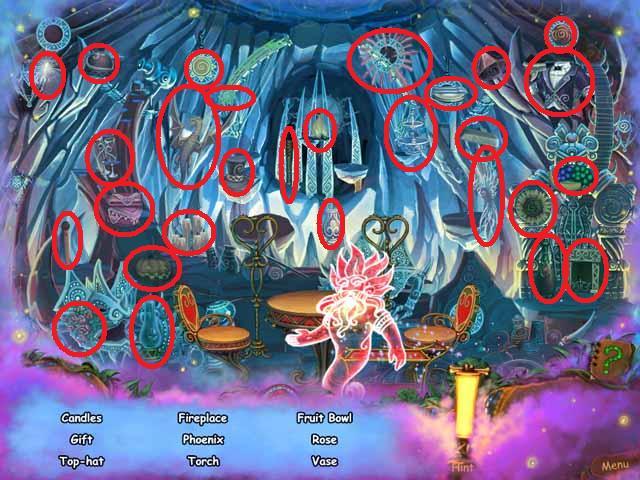

The White House made clear that Holder was speaking for the administration, amid a rash of racist comments by a Nevada rancher, the owner of a National Basketball Association team, and a police commissioner in small-town New Hampshire. Holder, the nation’s first black attorney general, spoke, too, in a May graduation speech of the dangers of subtle, everyday racism – a greater threat to equality, he said, than the “hateful rants” that make headlines. The first lady praised Brown’s legacy – and warned of a return to segregation, both in schools and in everyday life. Obama traveled to Topeka, Kan., to mark the 60th anniversary of the Supreme Court ruling that outlawed school segregation, Brown v. The last time he addressed the group, in 2011, he was more guarded.įirst lady Michelle Obama and Attorney General Eric Holder, too, are speaking out more on race. Al Sharpton’s National Action Network, Obama accused Republicans of passing voter ID laws to suppress the vote, hitting hard on the racial dimension. He has directed the Justice Department to begin a major clemency push for prisoners serving long sentences for nonviolent drug offenses – a population that is disproportionately minority. Now he can, at times, be the “president of black America.” Obama talks about the disproportionate arrest and incarceration rate for marijuana use among poor, young blacks and Latinos.

Partisan gridlock has limited his ability to pass legislation on an array of social issues, from gay rights and immigration to climate change and economic opportunity, leaving him with the bully pulpit and executive action.īut on racial matters, in particular, the fact that Obama’s name will never again appear on a ballot has liberated him.

Now, well into his second term, Obama is gradually speaking out more on race – both in a personal way and as a policy leader. Among black Americans, Obama’s job approval has remained sky-high, though it has dipped somewhat over the years – and the intensity of his support has dropped more. Obama’s reserved approach on race has brought cries of frustration from the Congressional Black Caucus and African-American academics and leaders. Gillion, a political scientist at the University of Pennsylvania in Philadelphia. In fact, in his first two years as president, Obama spoke less about race than any other Democratic president since 1961, according to a study by Daniel Q. Is nuclear power a green solution? Why world tilts toward ‘yes.’ I’m the president of the United States of America.” Obama had spent most of his political career treading lightly on racial matters, projecting himself as a race-neutral consensus builder, not a champion of a “black agenda.” As president, when asked about high black unemployment or the struggles of black-owned businesses, he has typically replied: “I’m not the president of black America. Still, the rollout of My Brother’s Keeper was a signal moment for the nation’s first black president. It’s not the kind of War on Poverty Part 2 that many African-American leaders would like to see, lifting up not just children of color but also their unemployed mothers and fathers. The money – $200 million over five years – comes from foundations, while a federal task force promotes best practices and Obama provides presidential leverage. This isn’t a big new government program, Obama made clear.

“The only difference is that I grew up in an environment that was a little bit more forgiving.” Sometimes I sold myself short,” President Obama said in February as he introduced My Brother’s Keeper, an initiative to keep boys and young men of color on the right path. And he spoke in deeply personal terms – about growing up without a father, about getting high, about slacking off at school. The president was flanked by a group of African-American teenage boys from Chicago who reminded him of his younger self. Barack Obama took the podium in the East Room of the White House, as he has done countless times before.


 0 kommentar(er)
0 kommentar(er)
